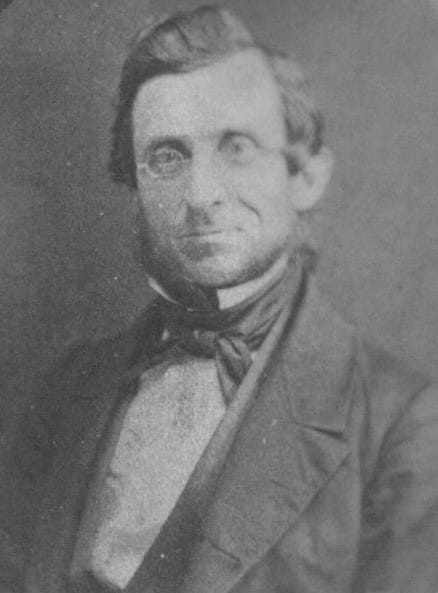Reflections: Economic Depressions
The stock market has gone through multiple rounds of whiplash since President Donald Trump assumed office on Jan. 20. Columnist Allan Winkler writes that Trump mirrors historic figures like Cornelius Vanderbilt and opposes approaches like that of Franklin D. Roosevelt.

A fair number of prominent economists have begun to fear that President Donald Trump’s devastating economic policies may lead to a recession, or even worse, another Great Depression.
For anyone who has studied the 1930s, that possibility is frightening indeed.
During the Great Depression that began with the stock market crash of 1929, fully one quarter of the country was unemployed, and another quarter was underemployed. Breadlines were common, and there was a corrosive sense of hopelessness. The savage experience left what one commentator called an “invisible scar.” My own father had to leave the University of Cincinnati to work in a clock factory for two years in Waterbury, Connecticut to support his parents and siblings. He never forgot that experience and harkened back to it for the rest of his life.
President Trump wants to emulate President Franklin D. Roosevelt, who took office in 1933, and proclaimed in his first inaugural address, “The only thing we have to fear is fear itself.” In his first 100 days, Roosevelt sent 15 messages to Congress, which responded by passing 15 major bills.
So Trump has inundated us with executive decrees, which may or may not be legal, but has yet to pass any pieces of significant legislation.
But the contrast is far greater than that.
FDR wanted to save capitalism, to save the United States, to restore it to health. He understood that there were significant economic problems that had to be addressed. He understood the hopeless feelings of the southern mill worker who said Roosevelt “was the only man who understood that my boss is a son-of-a-bitch.”
Roosevelt had his opponents, to be sure, most of them from the class of wealthy businessmen who failed to understand that Roosevelt was restoring the framework within which they could continue to prosper.
By contrast, Trump seems to be determined to tear the country down, to destroy every element that made it a healthy and prosperous nation for the past 75 years. It is as if he wishes to drive it into the ground, economically and socially, to be able to argue that he alone has the tools to fix it. The price of what he is doing may be more that we can bear.
In many ways, Trump reminds me of the Robber Barons of the Gilded Age in the last decades of the 19th century. They were enormously wealthy, to be sure, but were concerned with their own interests, at the expense of the rest of the country. There was, for example, Cornelius Vanderbilt, who famously said, “The public be damned. I work for my stockholders.” Or on another occasion, “What do I care about the law? Ain’t I got the power?”
Roosevelt valued people of substance. The people surrounding him were called, colloquially, the “Brain Trust.” He sought out expertise. Trump, with his billionaires and people with next to no experience in public administration, has done the opposite, populating his cabinet with outsiders.
Trump has misread history. His tariff policy is a lethal joke. And he fails to understand that the Smoot-Hawley Tariff of 1930, with rates of about 20%, exacerbated the Great Depression and helped spread it around the world.
It feels to me as though our nation is on a precipice, destroying everything of value — scientific expertise, educational excellence, social cohesiveness — in the interest of personal aggrandizement and power. It behooves us to resist the direction he is taking us as best we can, before things get even worse.
Allan Winkler is a University Distinguished Professor of History Emeritus at Miami University, where he taught for three decades. He serves on the Board of Directors for the Oxford Free Press.




